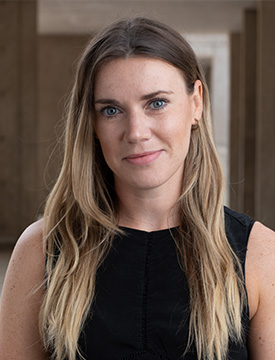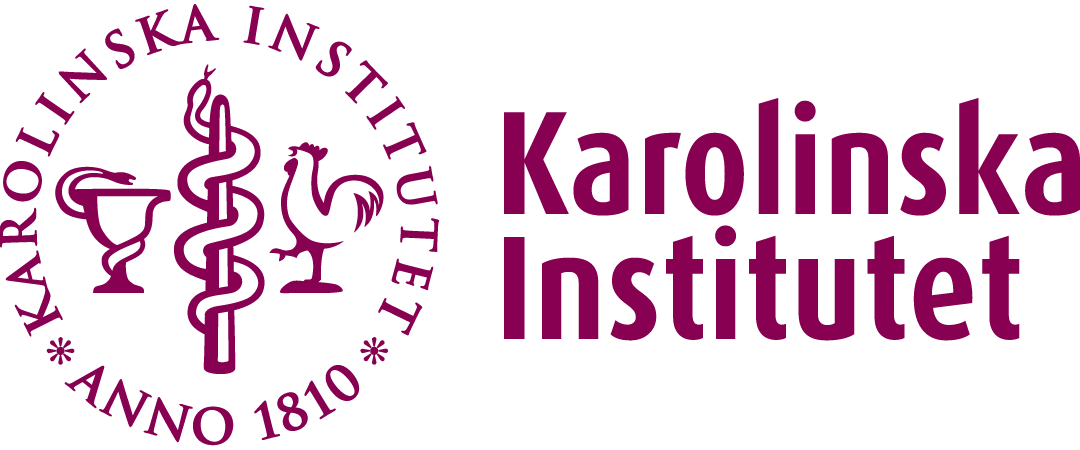Linnea Hases
Linnea Hases is an alumna of the Joint Graduate Program in Medical Technology. Today, she works as a postdoctoral fellow in Professor Ronald Evans' laboratory at the Salk Institute in San Diego, California.

Why did you choose the Medical Technology PhD program?
“It combines two things I really like: engineering and medicine. The program offers a chance to work at the intersection of these fields, where technical solutions meet real medical needs. Another thing that attracted me was the great career opportunities. Having a mix of engineering and medicine in your background allows you to work in everything from medical technology and pharmaceutical companies to start-ups and academic research,” says Linnea Hases.
How did you benefit from the program?
“It felt like a very safe and creative environment to come to straight out of university and gave me the resources and opportunity to test my ideas, or how to even come up with an idea and structure a project. The program has given me a strong foundation that has benefited me greatly in my current role as a postdoc. The experience of working with both technical and medical perspectives has helped me to better understand complex biological processes and design experimental strategies that are both innovative and clinically relevant.”
“One of the most exciting parts of the program was definitely the participation in international conferences, which is also how I landed my current job at Salk. Having the opportunity to present my own results on a global platform and also take part in the latest research in my and other relevant areas was very rewarding and important for my development.”
What are you doing today?
“For the past three years, I have been working as a postdoctoral fellow in the laboratory of Professor Ronald Evans at the Salk Institute in San Diego, California. It's an incredibly inspiring place, with world-leading research and as many as 11 Nobel laureates associated with the institute. My current research is focused on colorectal cancer, where I am investigating the biological role of fatty acylation - a critical post-translational modification that affects protein function and stability. My work aims to identify how fatty acylation regulates oncogenic signaling pathways that contribute to tumor cell growth, proliferation and resistance to treatments.”
“In the longer term, I hope that my findings can contribute to the development of new, innovative treatments for bowel cancer, especially for patients where current therapies are not working. It feels incredibly rewarding and exciting to be working on a project that may one day make a difference to patients,” says Linnea Hases.
Text: Jon Lindhe

